Meet Supermum Vicky from Boppin' Babies
/Babies learn to understand through music long before they understand words. Through
cooing, lullabies, and humming, caregivers communicate with infants through
music every day whether they realise it or not. There have been many studies conducted suggesting that music positively effects linguistic, social, and cognitive development in children, further demonstrating the importance of music in our lives.
I had the chance to interview Vicky, the founder and director of Boppin Babies in the midst
of her handing in her PhD paper- she's another incredible super-mum and local business
owner mini absolutely loves to support!
Vicky is a Registered Music Therapist and created Boppin' Babies as a music early learning program designed to harness the science of music therapy combined with the spontaneity of music and movement to empower parents to live a musical life with their babies.
What is music therapy, and how does it differ from music education?
I wouldn't call Boppin' Babies either. We're somewhat in the middle of music therapy and music education.
Music therapy is a research-based practice using a very specific plan with music as a treatment to sort through social and emotional issues. Music Therapy uses music in a planned way to help people reach their potential. Whereas music education teaches the learning of music.
Infants are inherently sensitive to music so we don't teach an infant pitch or tonality, but we give parents the confidence to interact with their babies musically.
I meet a lot of parents who aren't confident to use music. I see my main role is to empower and educate. Humans are engineered to interact musically with their babies. Parents who are attached to their child in a positive way will interact with their child in a naturally musical way without even knowing.
Helping parents be in the musical moment and take delight in their child's musicality is
what we do. Music is proven to improve milestones in learning as well. You can only win.
How did Boppin' Babies come about?
When my daughter was an infant (10 years ago) we went to music programs, but the stuff I
took her to didn't offer the things I wanted out of a music program. There wasn't
anything wrong with them, but it wasn't what I wanted. These programs had more of an
educational focus which was not necessary for a 4-month- old.
Children are innately musical, we don't need to teach them. At Boppin’ Babies, we don't teach music until preschool, and by then they have been surrounded by music for so long they
can sing in pitch and have a great sense of rhythm.
I just wanted a space to be a mum and be musical. I was in a mother's group and brought
my guitar one day to sing to the bubs. One of the mums said it was "sublime" and told me I
should be charging, so I started a little group, mostly for my daughter, and word of mouth
started to grow and Boppin’ Babies grew from there.
What are some of the activities Boppin' Babies puts together?
Coming from a music therapist background, a lot of what we do is research-based and
focused on parent-child attachment theory and early childhood development
philosophy.
We show how music can support a child's development, and we nurture the parent-child relationship through musical play and interactions.
Everything we do session plan structure, but we let the spontaneity of music and the children lead the program. That way the class is not prescriptive, rather it is but more child-led and flexible in how we use our session and lesson plans.
We use our voices to lead, and our guitars to accompany, and always start and
end the days with hello and goodbye. The class structure is repetitive because children
learn best with structure and like the predictability, but every day will be different.
Our classes have a goal to instil confidence to make music at home. Most of the toddler
and infant development happens at home, not in the one-hour session. Our job is to
enrich, empower and provide families with a space to practice each week.
Can you give any advice for first-time boppers coming to a class?
Our program is catered to ages 0-4. My advice for first-time mums is to have the
confidence to sing to your baby. Your baby is hardwired to hear you. They want to hear
your voice, even humming is stimulating physically in its vibration when holding your baby
as well as auditorily. Sing to your baby like no one (else) is listening.
For first-time mums coming to a class, my advice is: We won't over stimulate your baby. I
think there is a focus on "sensory" which has been a buzz word lately. Mums think they
need to do this, but they don't. Kids don't need constant stimulation, they're already
exposed to a lot of stimulation.
I have an article on my website talking about sensory programs. We're not
a sensory program, we are a music program. But music is still sensory and provides
enough sensory stimulation. We just don't believe in overstimulating. We're more about a
gentle approach with live music and support through multi-modal stimulation.
How do you approach parents that might feel anxiety towards singing if you ever get any?
For the parents who don't feel particularly comfortable singing, we give them many
different resources to help them overcome that, and we'll give them options to make
different music at home like playing or listening to music, making shakers out of plastics. Containers for example, until they feel comfortable to hum and then sing.
What is the day in the life of Vicky, RMT/Founder of Boppin' Babies/ mum/ wife?
Depends on which day. My days are busy but they're fun! Before school, my daughter and I get plenty of cuddles in and she practices her violin. When she's at school, I go to work either running music groups each day, teaching children music, or working on my PhD and research.
I run 11 music groups a week with babies, toddlers and pre-school schoolers at Chermside. A couple mornings a week, I teach music too. When I come home, I do the business administration and work on my PhD.
My husband or I will pick my daughter up and take her to sports, walk the dog together, or
do homework. My daughter goes to bed quite early, so I'll continue with research or work
on my business at night if I need to.
I use my time well. One thing that motherhood did for me was teaching me how to be
extremely efficient- I can get a lot done!
How do you find that work-life balance with Boppin' Babies and your family?
I take a day or two a week out just to study, but I have to pull back sometimes, other than
that it's been fine. What I research is closely aligned to what I do, so it never feels like
there's a pull.
My husband works from home, so we're quite flexible and equally parent like a partnership. This helps. I try to take afternoons off most days to be with my daughter, and then work at night when she is in bed.
What are some of your favourite activities to do with your daughter?
We love singing!I help out sometimes with her community choir and I love seeing the
musical side of her. It's becoming a real part of her personality.
She's great at sports. Hockey, swimming, touch football. We also like to go bush-
walking on weekends and camping. We like to get away from our phones and iPads.
Where would you hope Boppin' Babies to be in the near future?
Boppin' Babies is turning 10! We're throwing a party in September during school holidays
at Roma Street- so stay tuned for that.
Our business has really grown up in 10 years. We now offer music therapy and music
education to cater for our Boppers as they grow up. And we provide music therapy to
special education settings and adult disability services. I love that we can now support and as our little boppers musical journeys as they grow up.
I see us positioning ourselves to provide greater support to all families through a wider
capacity and more programs. We're running more community groups and holiday programs, as well as events and activities every day.
Do you have any advice for entrepreneurial mums out there?
If you have a passion and want to turn it into a business, my advice is to do a fair bit of
research and to look for something unique or niche to provide to the market. Go into
classes to get the skills, like social media and marketing that are so important these days,
and then go for it!
It can be overwhelming and stressful, but it makes you whole hearted. It's such a lovely
way to live if you can create an income and support your family from the very thing you're
passionate about. It will be your passion and lifeline.
Music is in our blood, it defines who we are as a family. I love this and would recommend that to anyone, to find their passion and make it their own.




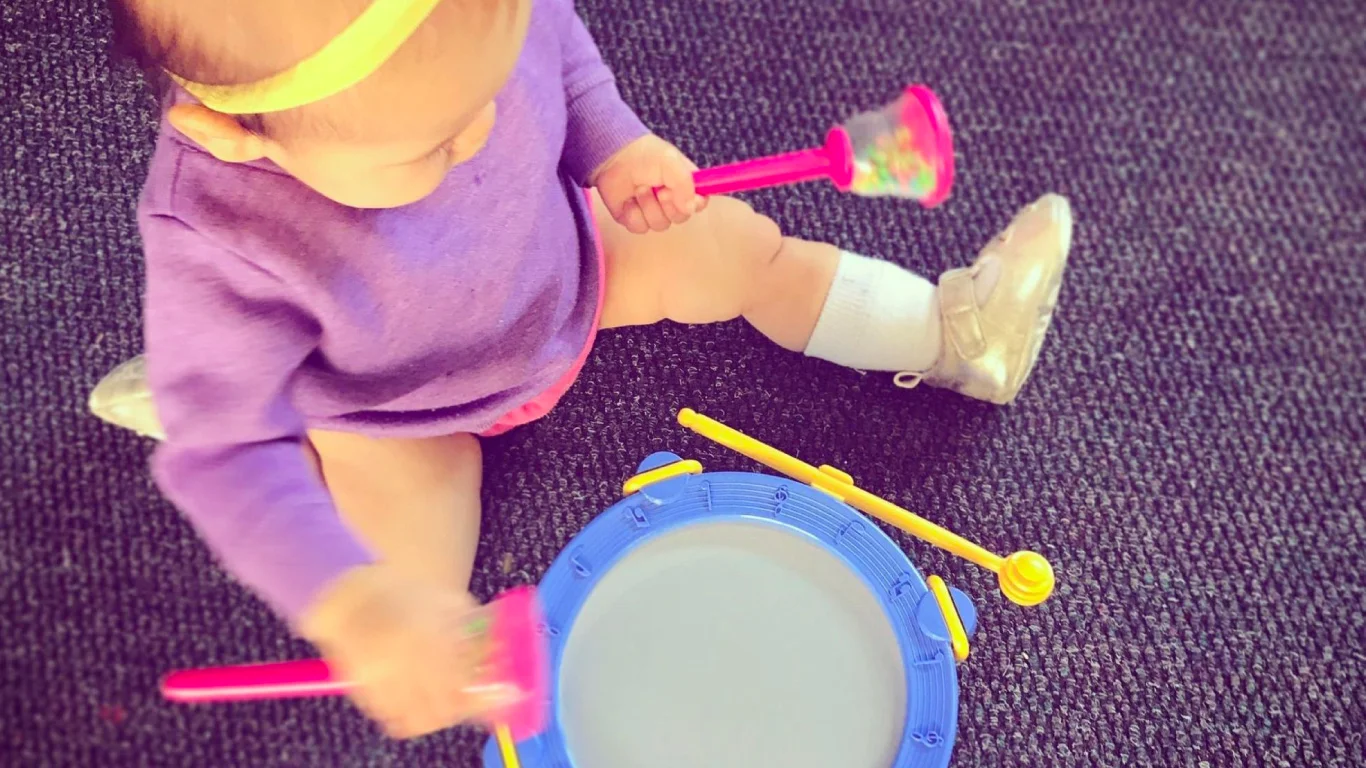






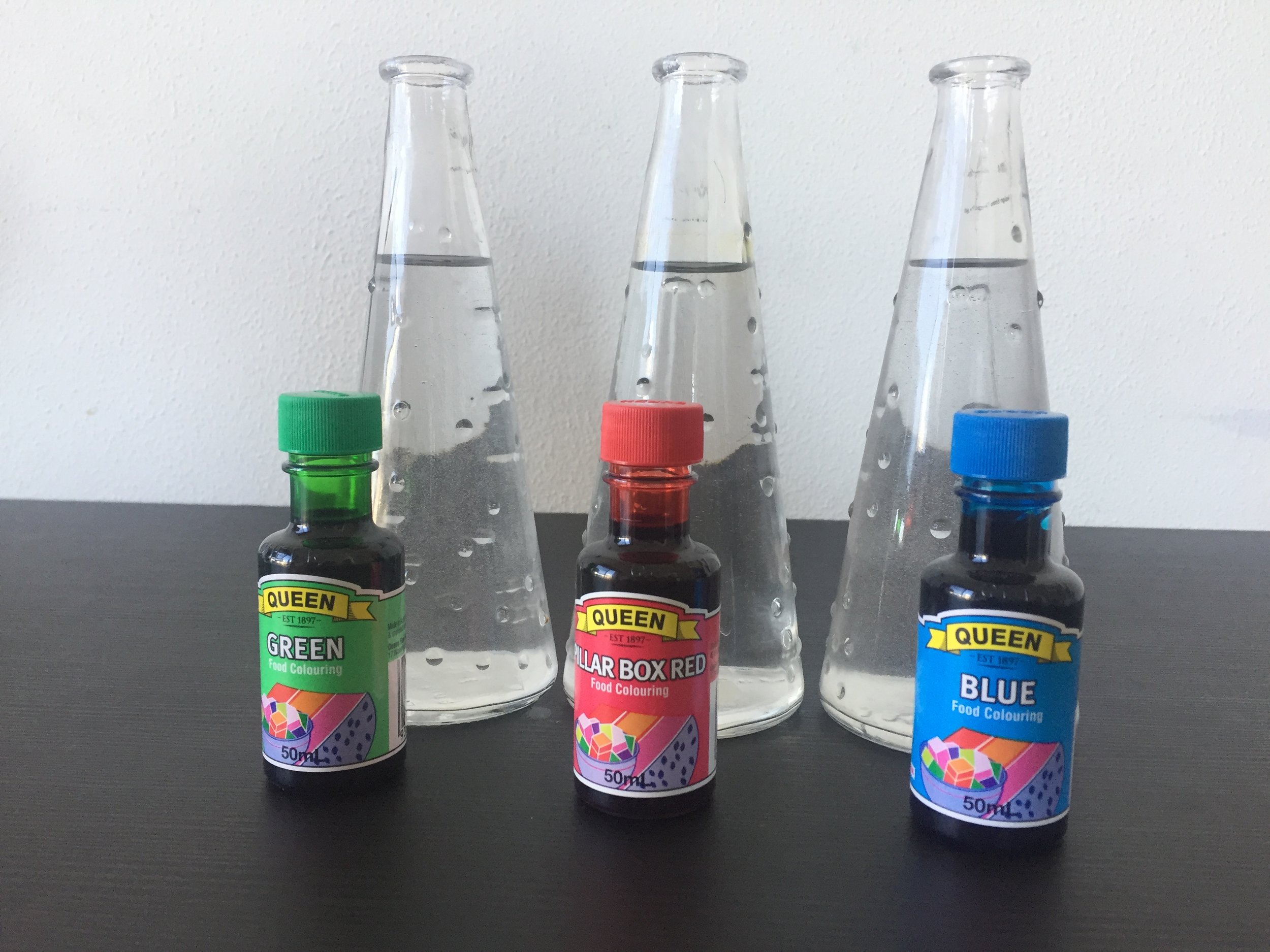

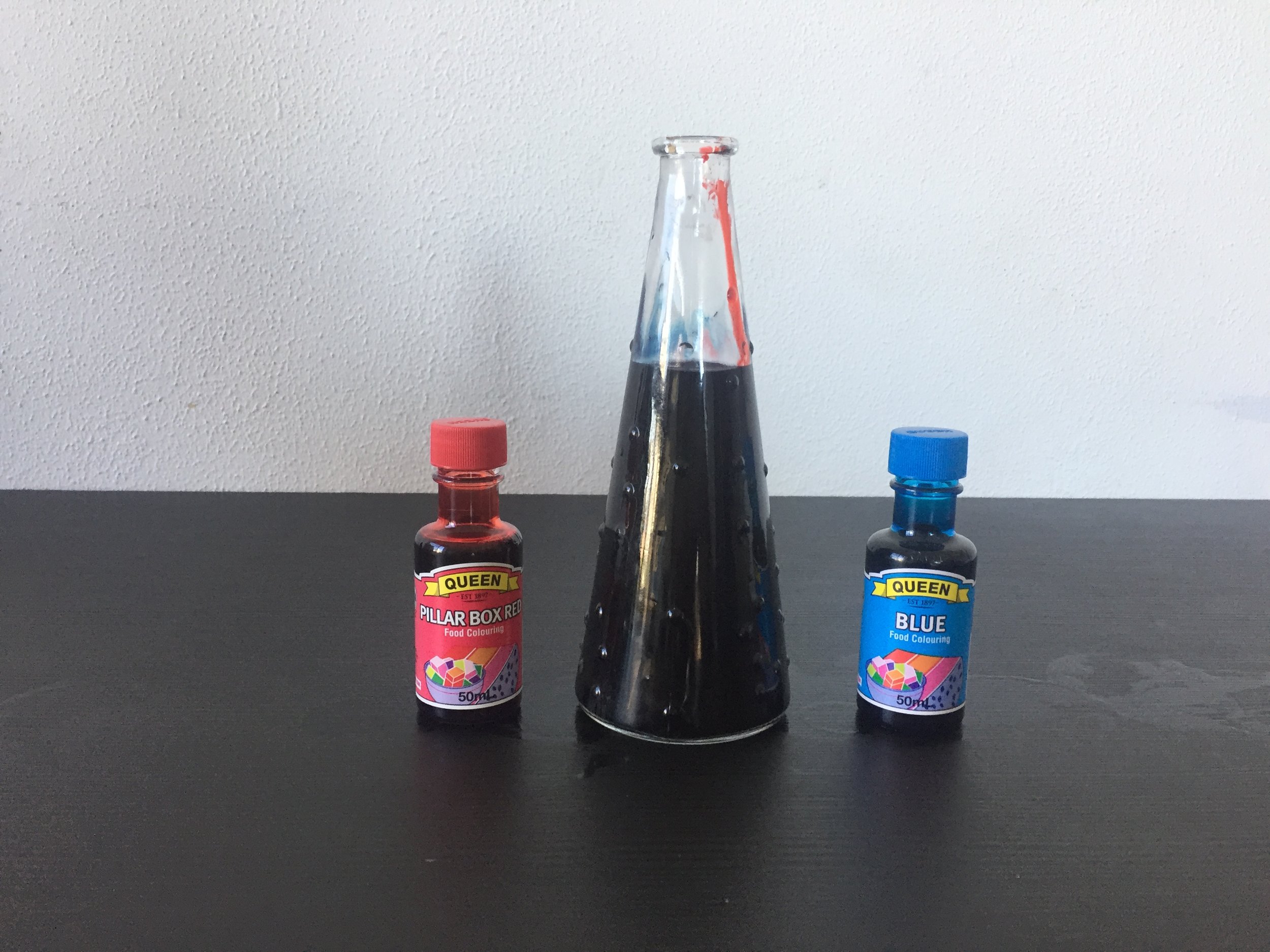


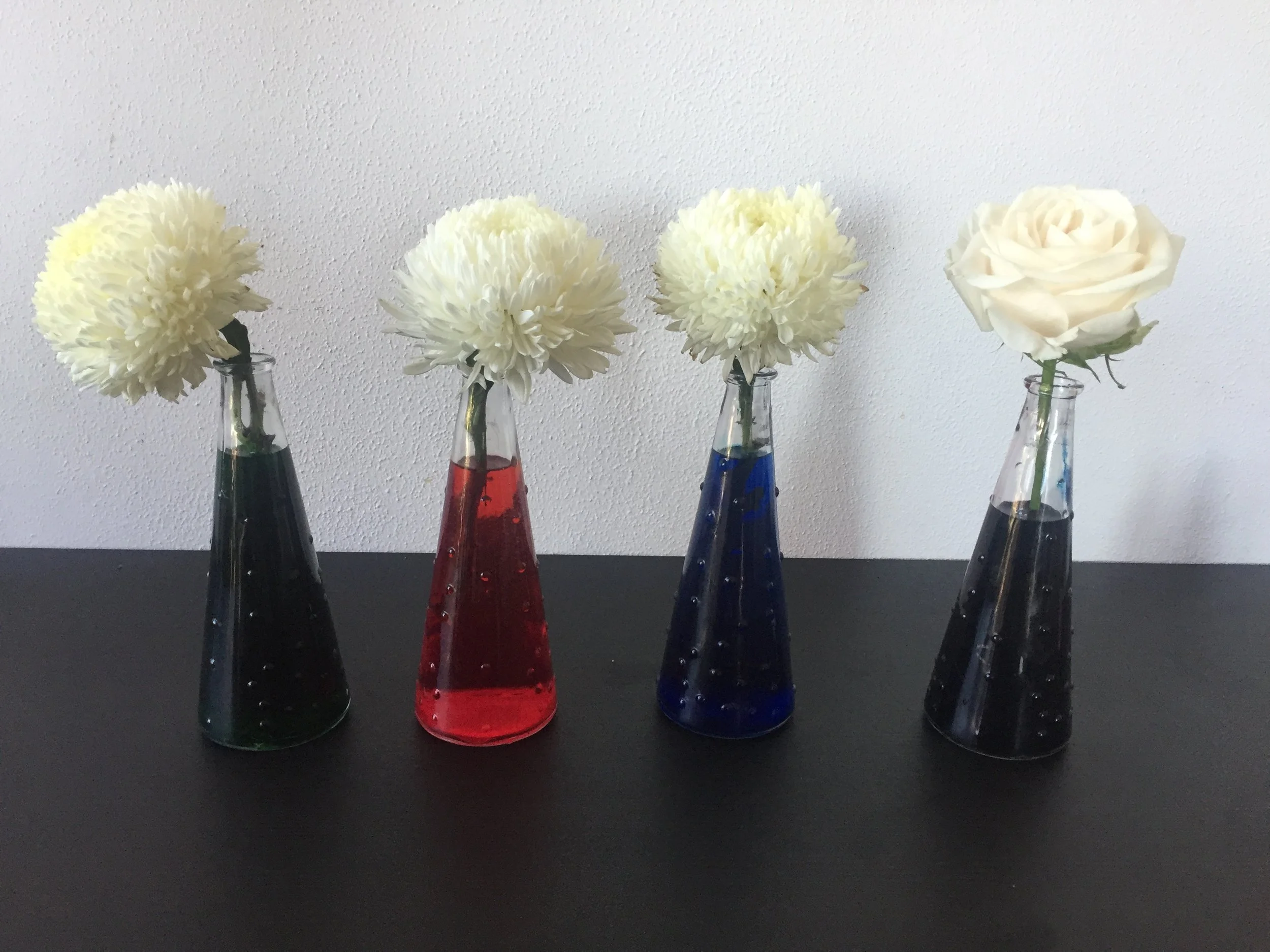
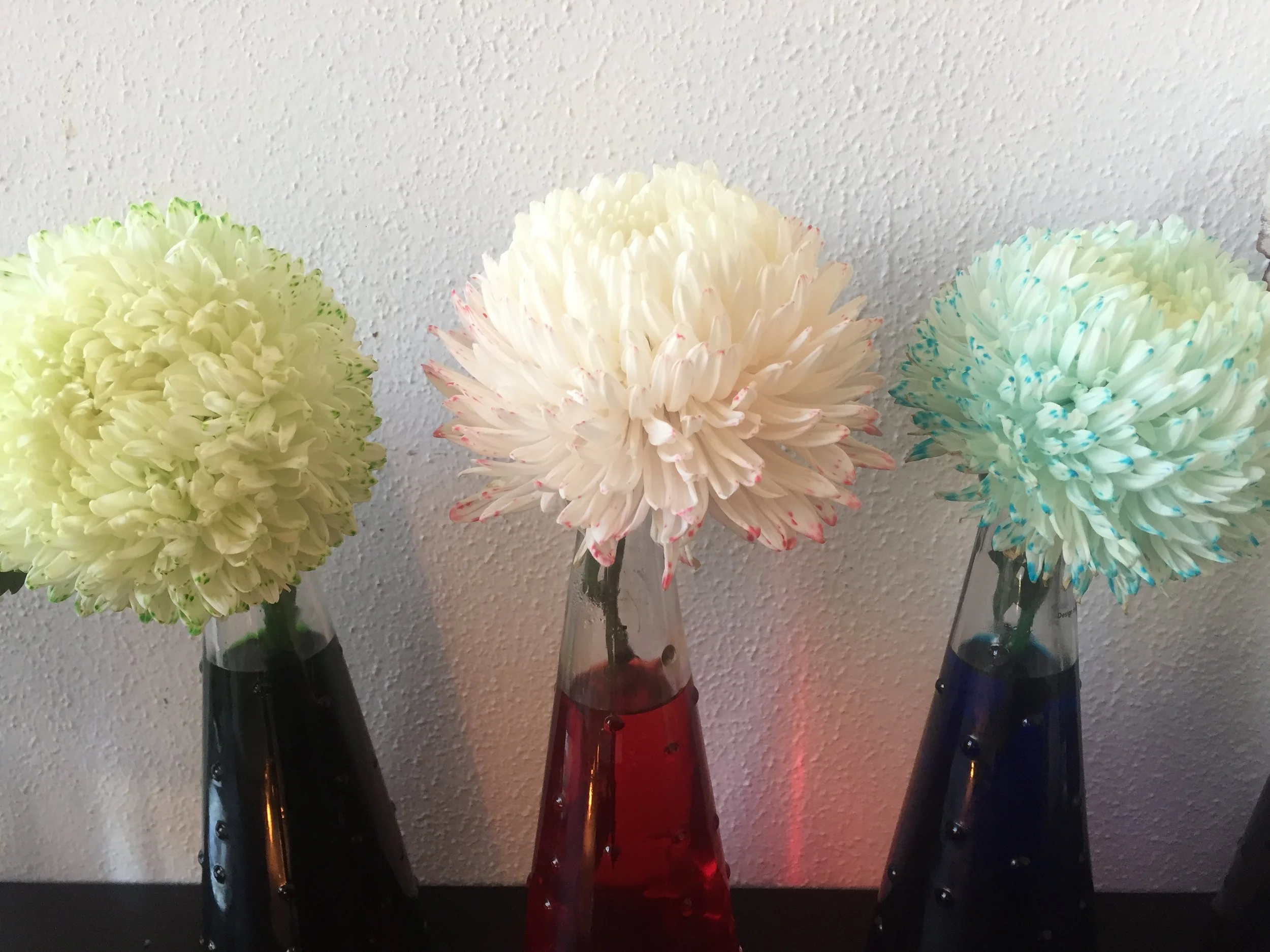





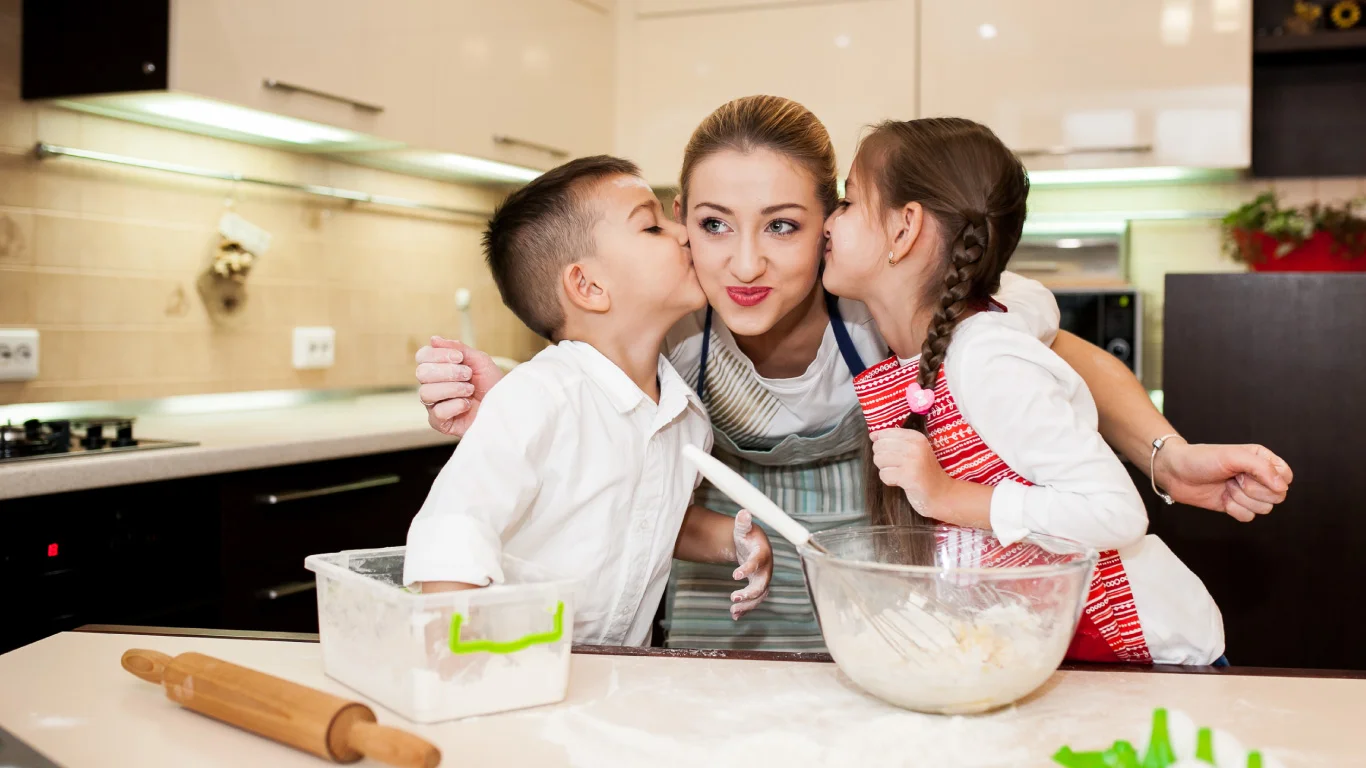











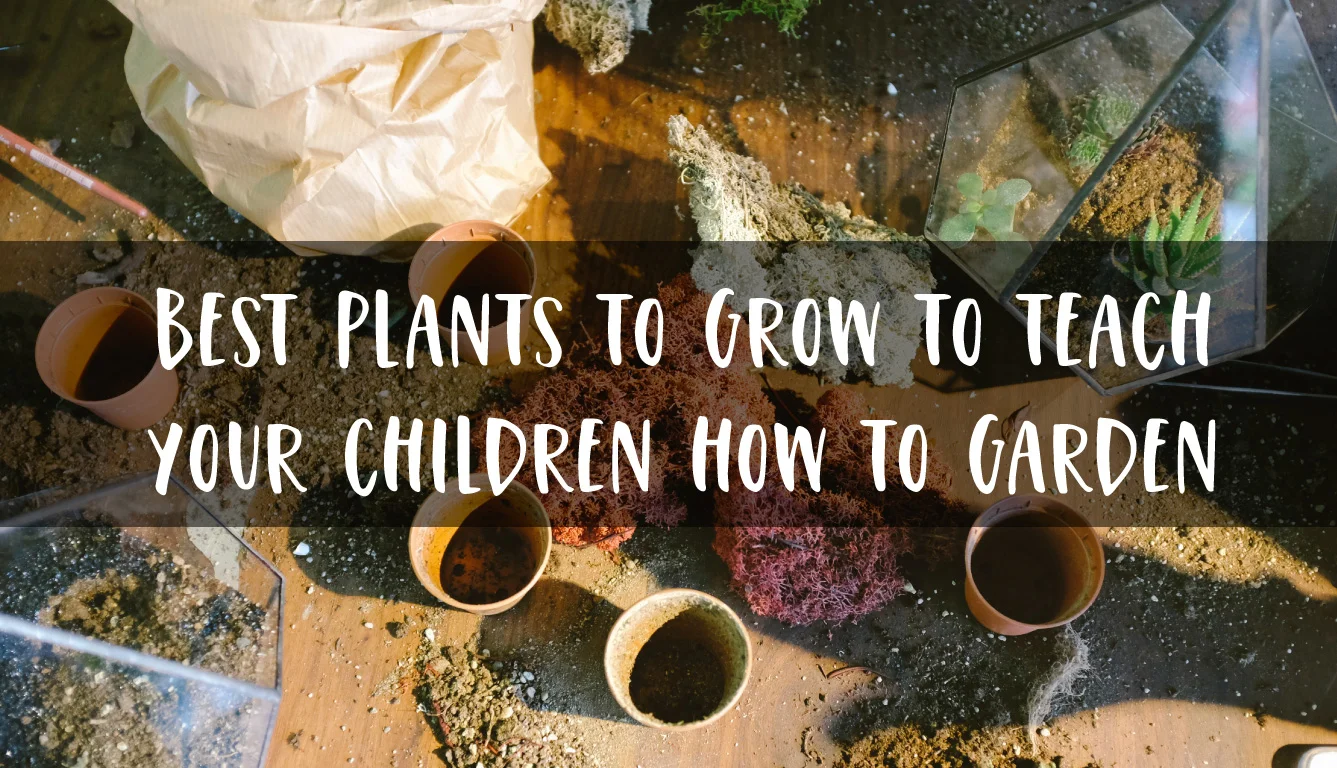





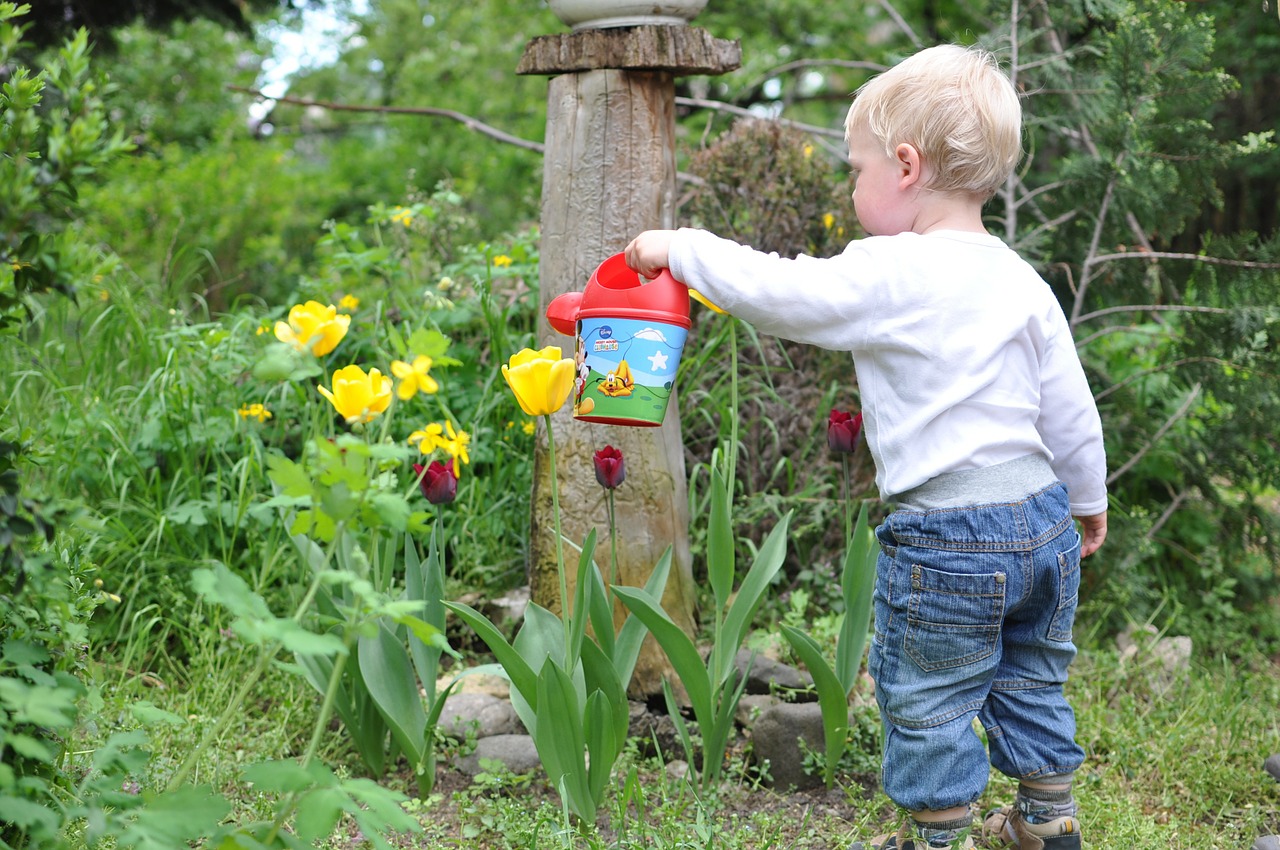

















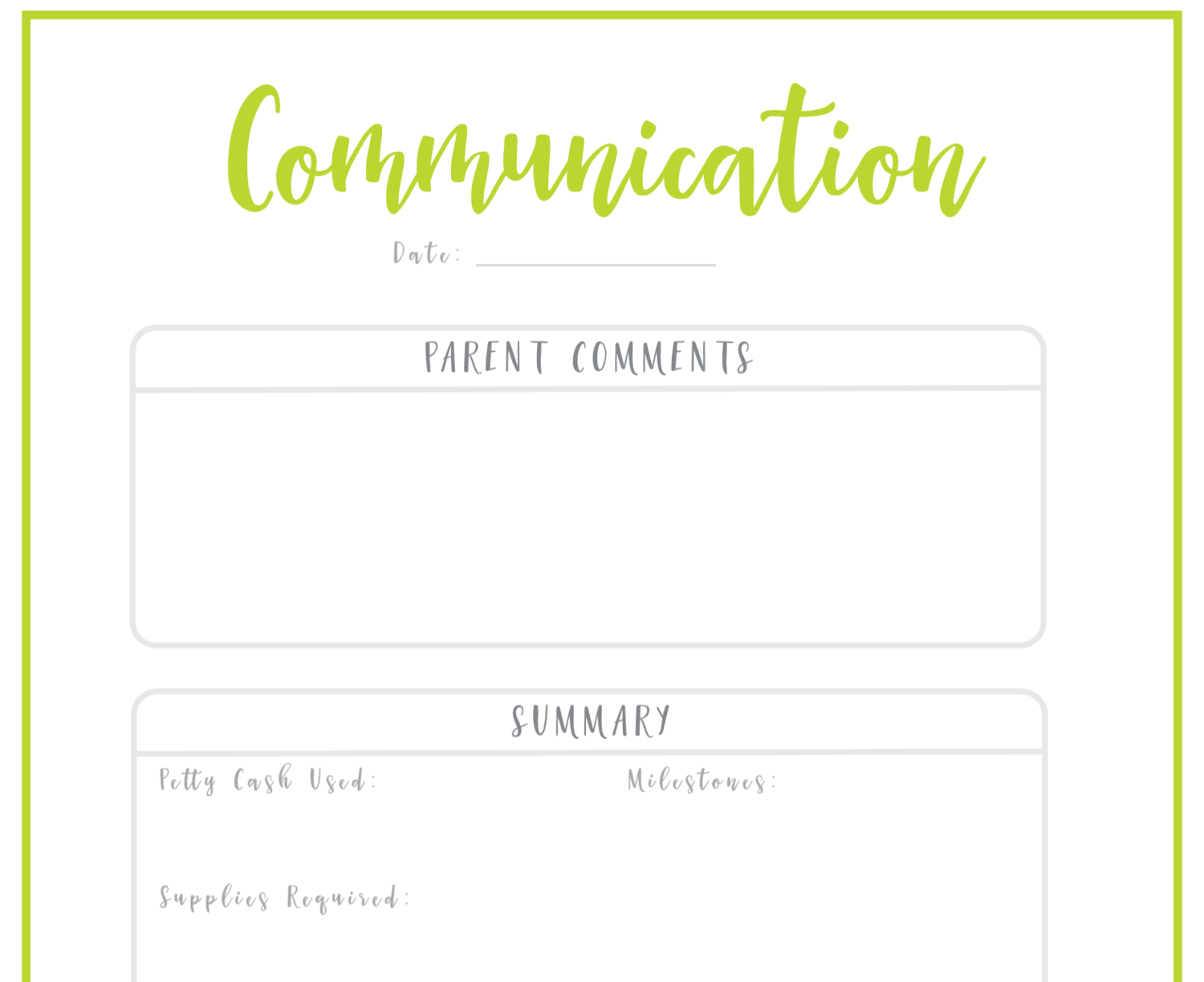










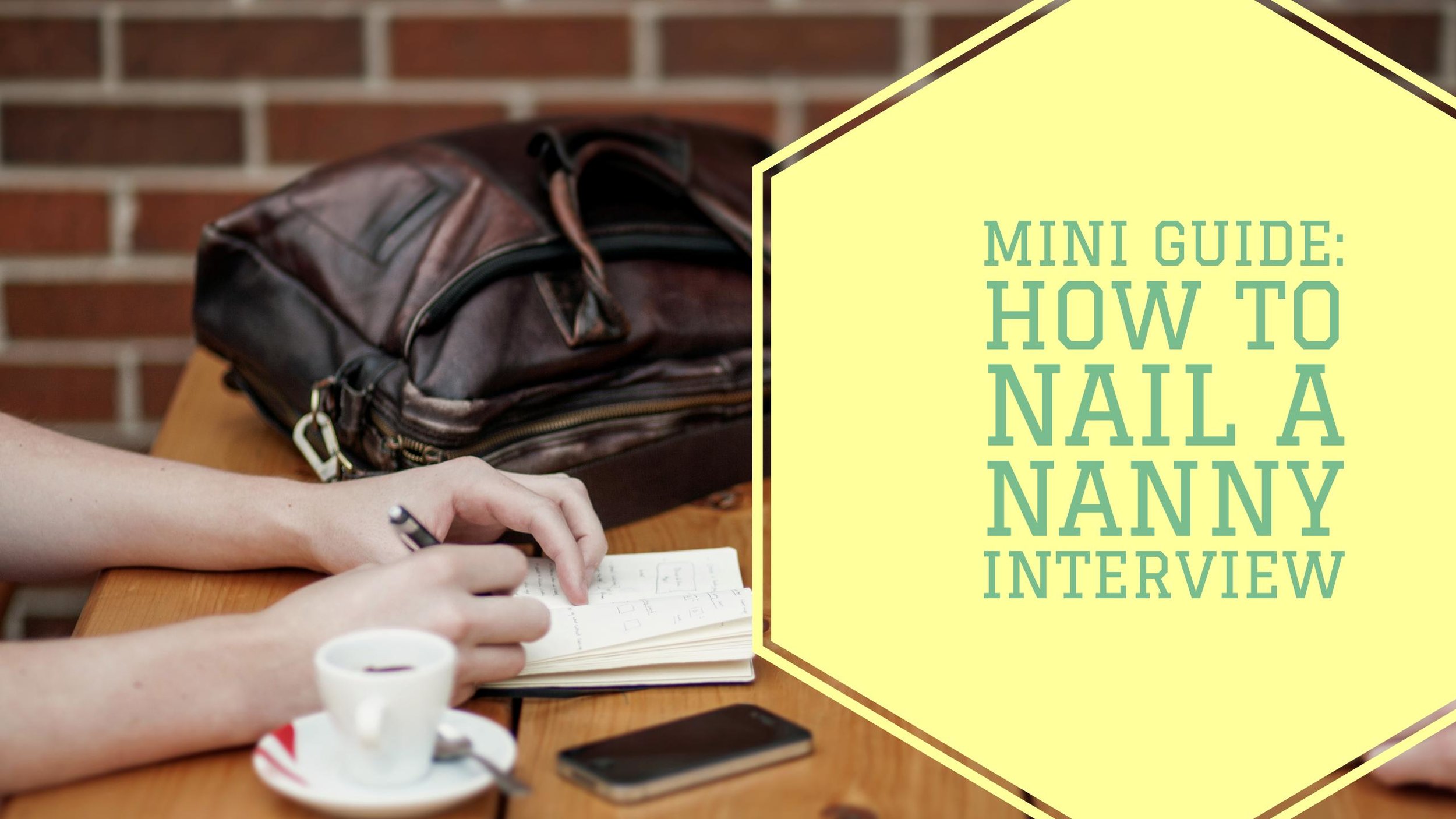



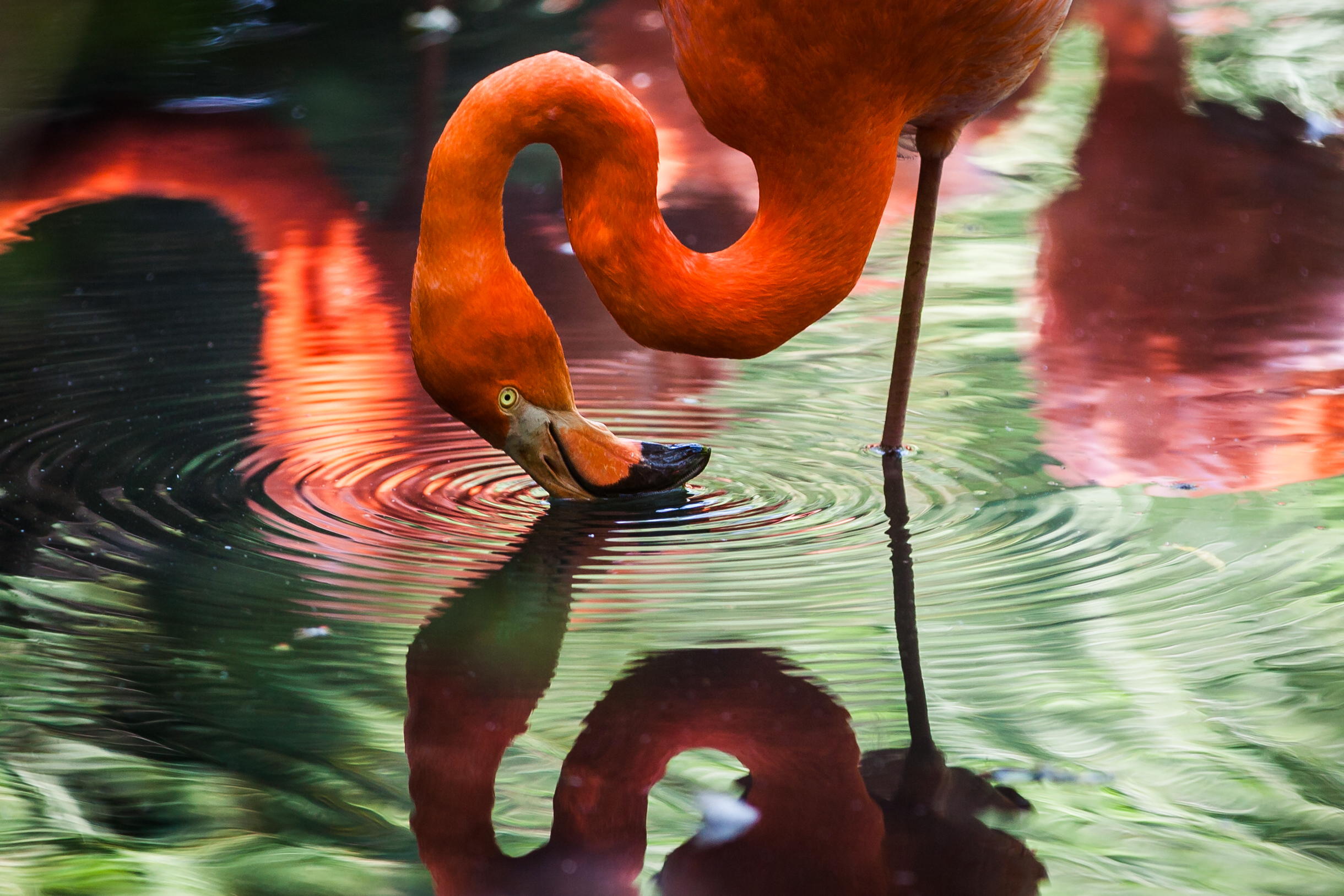
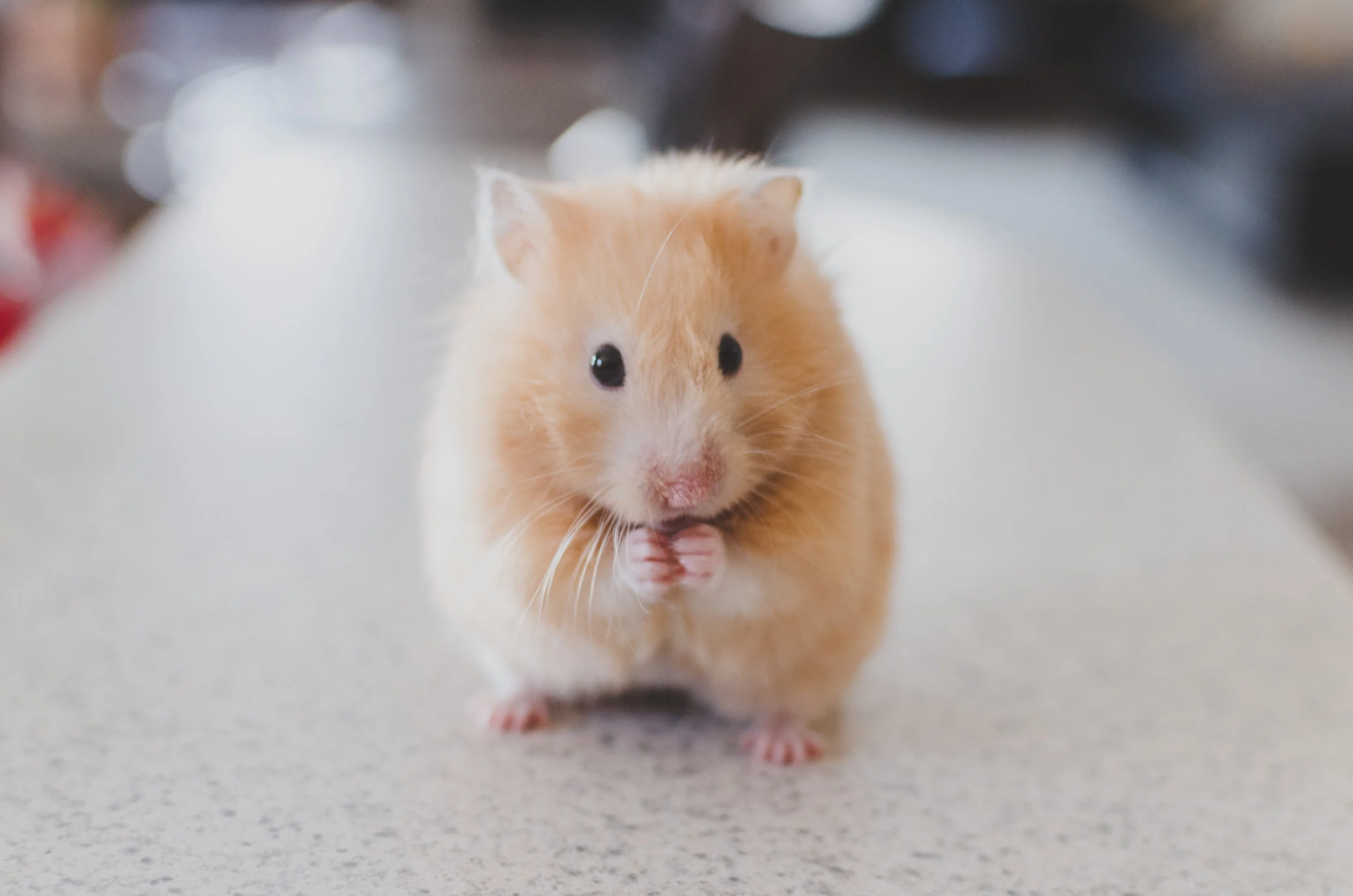

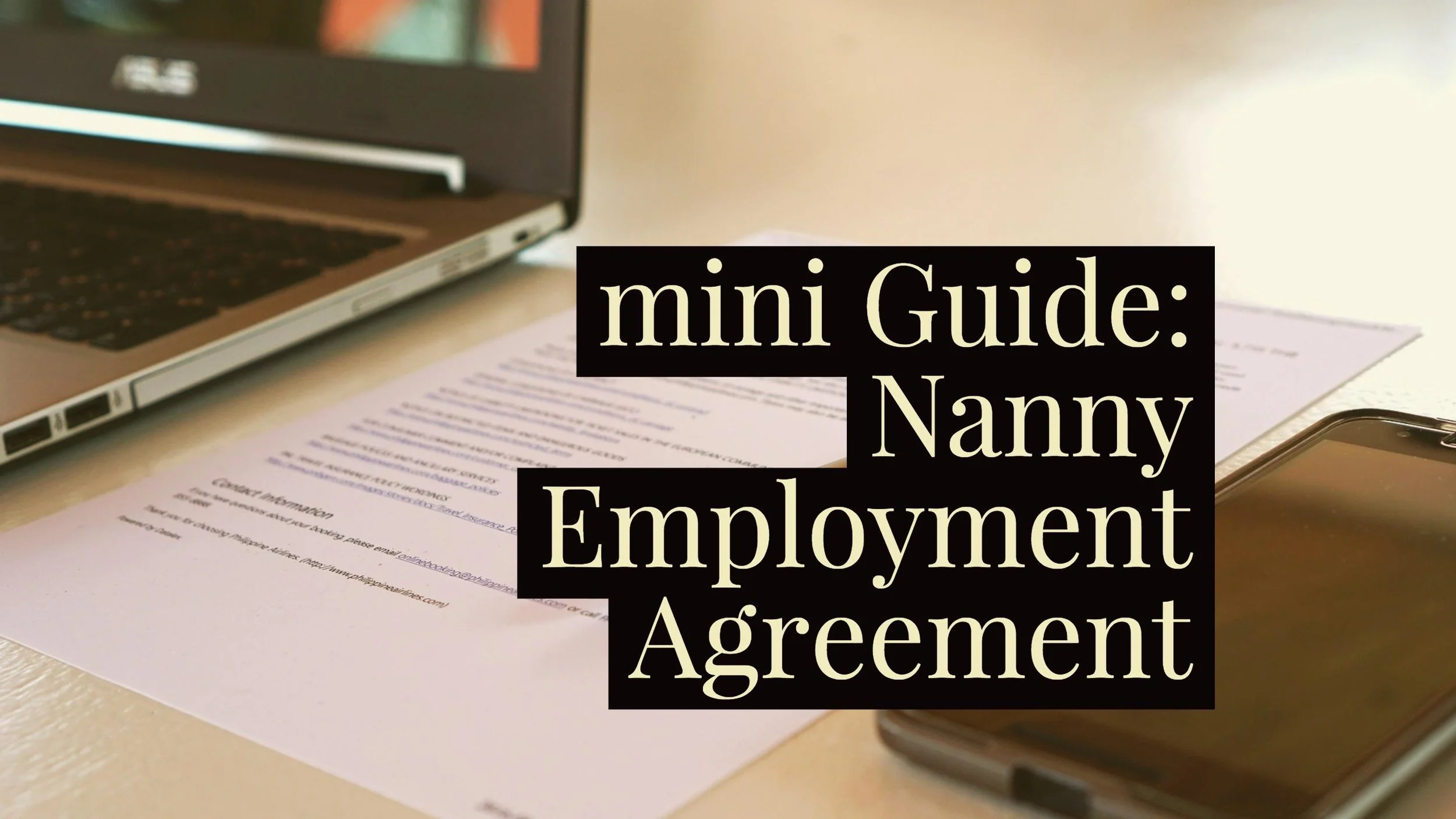



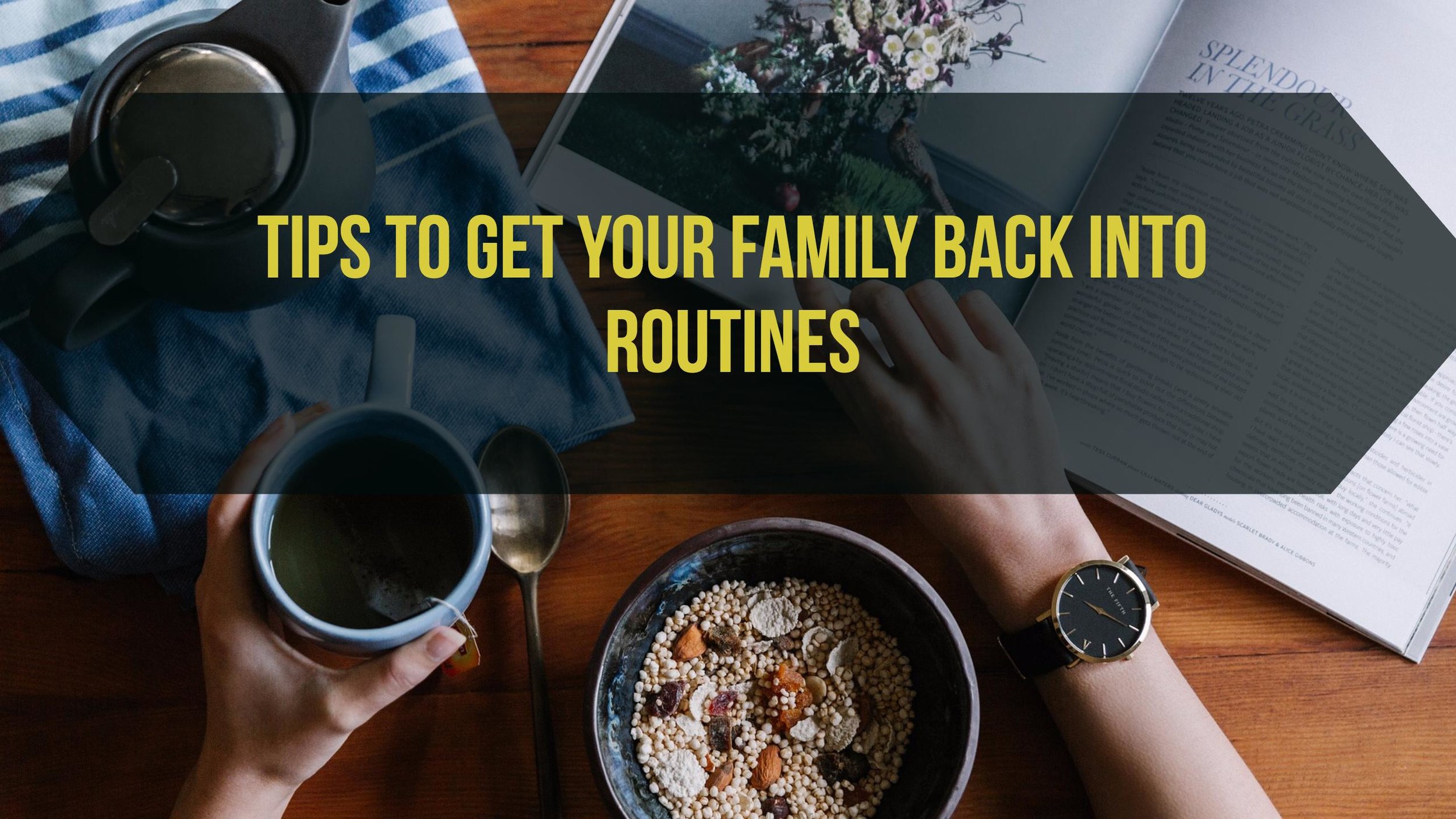









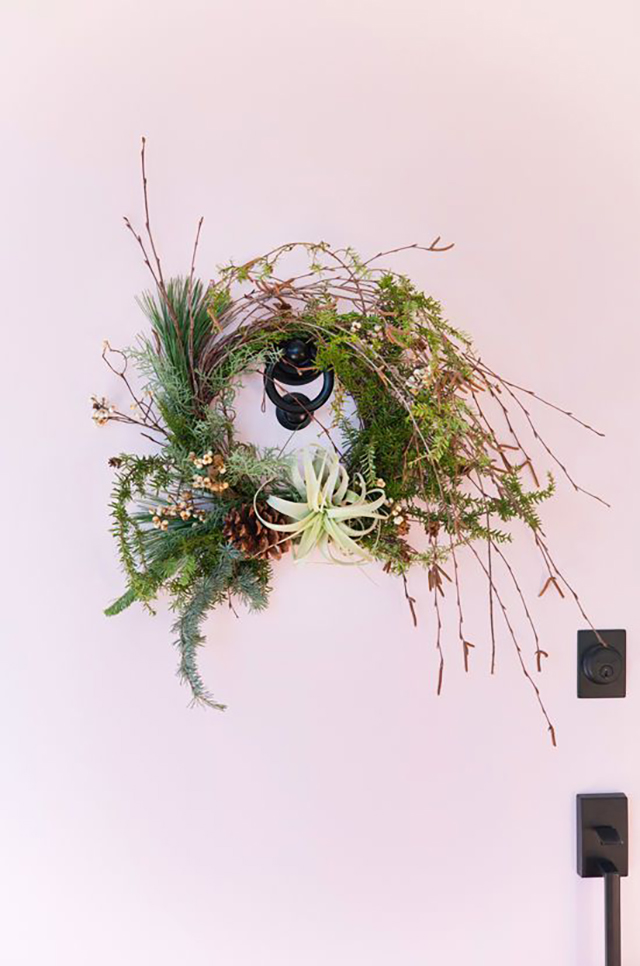


















Get to know the best nanny recruiter in Brisbane, Michelle Moloney in this interview.